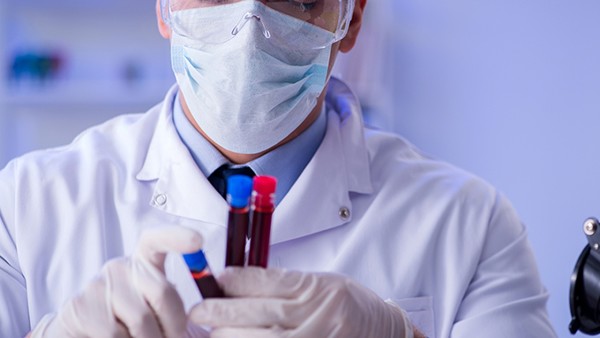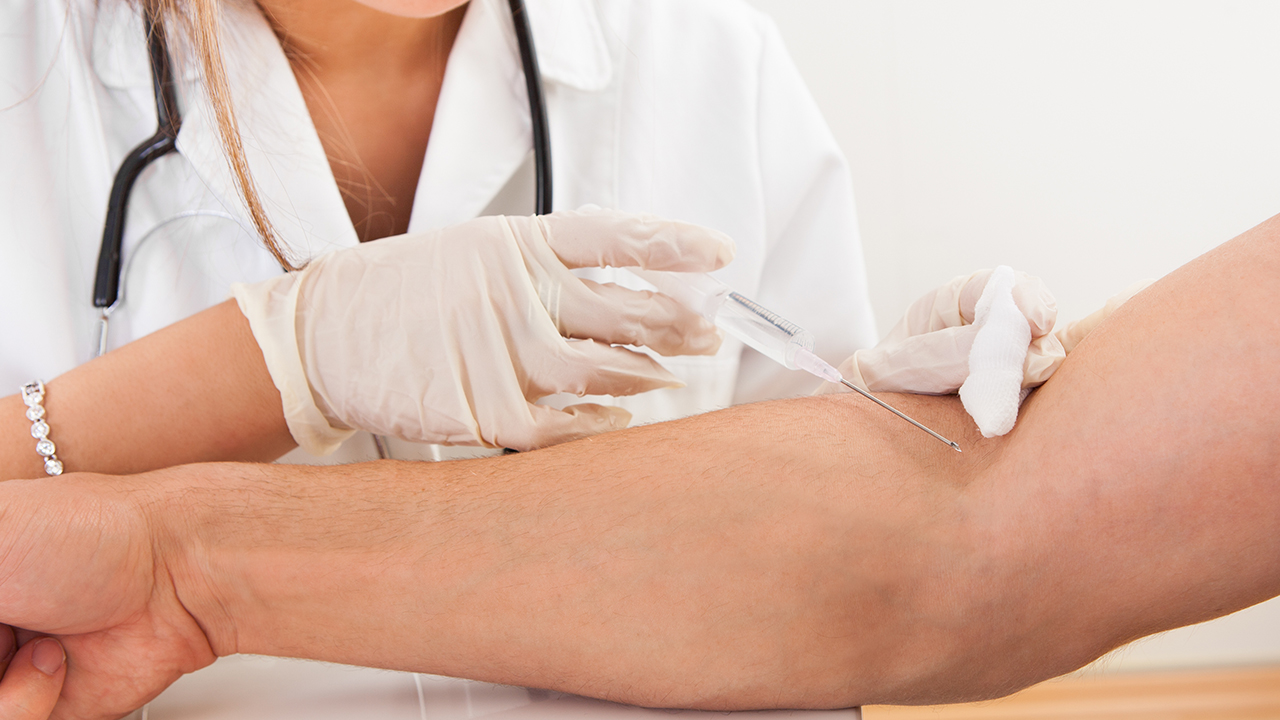How to Treat Candida Infection

Candida is a yeast infection that can cause a variety of symptoms, including:
Vaginal itching and burning
Vaginal discharge
Pain during intercourse
Skin rashes
Nail infections
Oral thrush
Candida infections are caused by an overgrowth of the Candida fungus. This fungus is normally found in small amounts in the body, but it can overgrow when the immune system is weakened or when there is an imbalance in the body's bacteria.
There are a number of different treatments for candida infections, depending on the severity of the infection and the underlying cause.
How to Treat Vaginal Candida Infection
Vaginal candida infections are the most common type of candida infection. They are typically treated with antifungal medications, which can be taken orally or applied directly to the vagina.
Oral antifungal medications include:
Fluconazole
Itraconazole
Terbinafine
Vaginal antifungal medications include:
Clotrimazole
Butoconazole
Tioconazole
How to Treat Skin Candida Infection
Skin candida infections are typically treated with topical antifungal medications, which are applied directly to the skin. These medications include:
Clotrimazole
Miconazole
Terbinafine
How to Treat Nail Candida Infection
Nail candida infections are typically treated with oral antifungal medications, which are taken orally for several months. These medications include:
Fluconazole
Itraconazole
Terbinafine
How to Treat Oral Thrush
Oral thrush is typically treated with topical antifungal medications, which are applied directly to the mouth. These medications include:
Clotrimazole
Nystatin
Fluconazole
How to Prevent Candida Infection
There are a number of things you can do to prevent candida infections, including:
Eat a healthy diet. A healthy diet that is rich in fruits, vegetables, and whole grains can help to boost the immune system and prevent the overgrowth of Candida.
Avoid sugary foods and drinks. Sugar can feed Candida and help it to grow.
Practice good hygiene. Keep your skin clean and dry, and wear loose-fitting clothing to help prevent skin infections.
Use condoms during sex. This can help to prevent the spread of Candida from one partner to another.
Take probiotics. Probiotics are live bacteria that can help to keep the balance of bacteria in the body in check and prevent the overgrowth of Candida.
When to See a Doctor
If you have symptoms of a candida infection, it is important to see a doctor. Candida infections can be difficult to treat, and they can lead to serious health problems if they are not treated properly.
See a doctor if you have:
Symptoms of a vaginal candida infection that do not improve with over-the-counter treatment
Symptoms of a skin candida infection that do not improve with over-the-counter treatment
Symptoms of a nail candida infection
Symptoms of oral thrush
A weakened immune system
Other medical conditions, such as diabetes or HIV/AIDS
The above is all the content that the editor wants to share with you. I sincerely hope that these contents can bring some help to your life and health, and I also wish that your life will be happier and happier.
Tags: #to #how #treat














